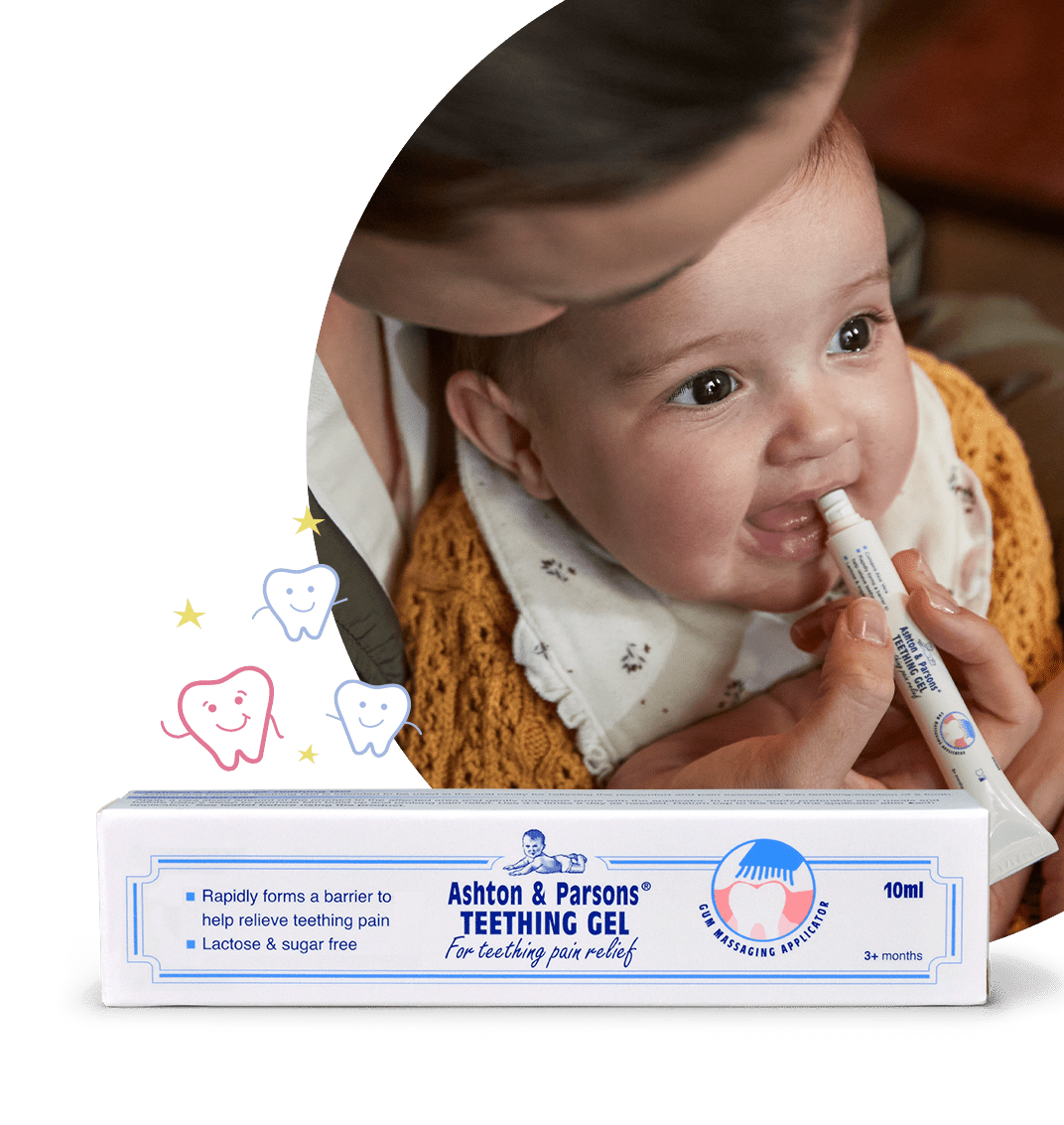Sarah lives in the Channel Islands with her husband, three children, three tortoises, a cat and Jack Russell.
When my first baby was born I hardly let him out of my sight! When my twins came along, four years later, I thought I’d be in control. Yet even as a GP and an experienced mum, it was difficult to remain objective when they were ill.
The only way your baby can tell you they want something is by crying. Some babies cry more than others, although they usually grow out of this by the age of six months. Some mums know whether their baby is hungry, uncomfortable, in pain or just plain bored, from the sound of their cry but I never found this easy. If you can find out what your baby needs, and give it to him or her, they will usually settle down. Try to see if he or she is:
- Hungry – newborn babies need feeding every 3 – 5 hours
- Uncomfortable – is she cold or over-hot or could she want a change of position?
- In need of a nappy change
- Bored – has she been ‘ignored’ for a while?
- Worried by over-bright lights or loud noises
- Tired – try soothing him or her to sleep
- Afraid, especially of falling – make sure they feel well-secured
- In pain, for example with colic or teething
- Unwell – do they have a rash or temperature?
New types of thermometer are available that can accurately tell if your baby has a temperature based on their age (0 – 3 months, 3 – 36 months, 36 months to adult) using a simple, traffic-light colour code. This is really helpful, as what might be an acceptable temperature for a four-year old could be classed as high for a newborn. Some even measure temperature via the forehead without even touching, which avoids disturbing your baby when you eventually get them off to asleep.
Babies often get coughs and colds, especially during winter months when respiratory infections are going around. If your infant is snuffly but otherwise well, and continues to feed, there is usually no need to worry unduly. If baby is finding it hard to breath or feed because of congestion, however, it’s time to seek advice from your health visitor or pharmacist. A pharmacist can tell you about vapour rubs and saline sprays designed to help small babies breathe more easily, and confirm what dose of paracetamol to give, depending on your baby’s age.
- Keep offering a drink, although they may not want food
- Consider giving paracetamol elixir or drops, according to the instructions on the pack, if baby is teething
- Keep checking to make sure they are not suddenly getting worse
If your baby is more unwell, they may cry inconsolably or be irritable and off their food.
They may develop a rash, look flushed and feel hot or become unusually pale and cold. They may become floppy or unusually jerky. Most, but not all, babies who are seriously ill become quiet, still, listless and drowsy. If your baby is unlike his or her normal self or seems ill in any way that worries you, call your doctor for advice. You know your baby best, so if you think they are ill or you are worried for any reason, don’t hesitate to call your surgery for advice.
Sign up for access to top teething tips, competitions, offers and more!Get teething tips straight to your inbox
AL/1837/12.14/0.001. Date of prep: Dec 2014.





